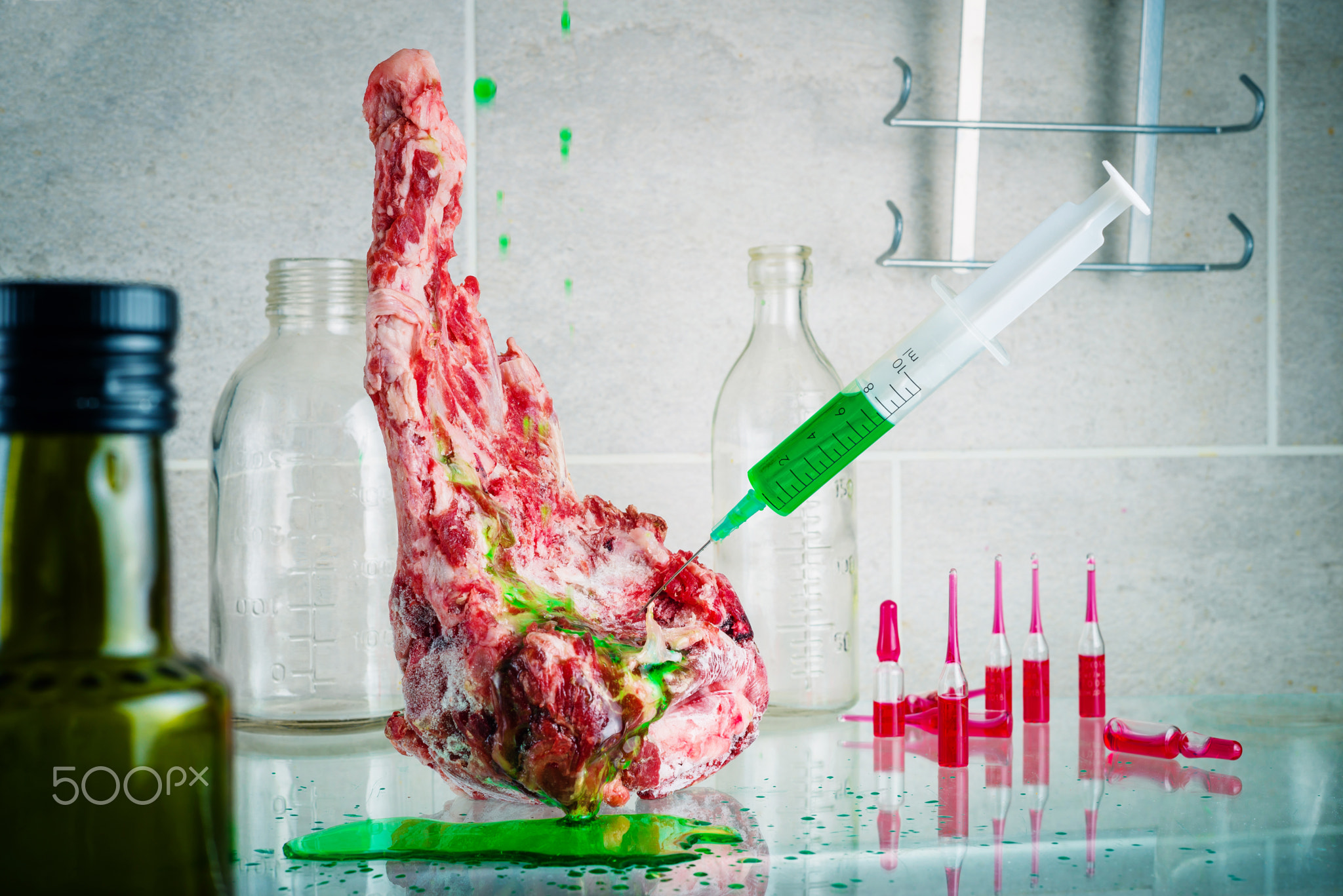Even small amounts of other plastics, food residue or non-plastic materials can compromise an entire batch. From yogurt cups and snack wrappers to shampoo bottles and medical masks, most people interact with polyolefin plastics multiple times throughout the day. Because of its versatility, polyolefins are the most used plastic in the world.
Northwestern Resources
Some plastics can be chemically recycled or ground up for reprocessing, but not all plastics play well together. As an engineer whose work focuses on reprocessing plastics, I have been exploring potential solutions. Only about 9% of the plastic generated in the U.S. actually gets recycled, according to the Environmental Protection Agency. Some plastic is incinerated to produce energy, but most of the rest ends up in landfills instead. We welcome this positive change that helps create a more level playing field for UK retailers. It is important that the responsibility to safely dispose of electronic waste is shared fairly, and we’re pleased the Government has listened to us and other industry leaders.
Many types of household waste, including greasy pizza boxes, plastic film and polystyrene, can’t be recycled in wheelie bins. To maximise flexibility for local authorities and households, we are introducing an exemption to allow the co-collection of food and garden waste. There is no evidence that this would affect their ability to be recycled or composted, since the materials can always be processed through in-vessel composting when mixed. You can decide how to collect dry recyclable waste streams, depending on local circumstances. For example, in multiple recycling bags or bins, or together in one container. You may need to produce a written assessment based on the mix of materials.
Aluminium such as drinks cans and foil and steel (most tinned foods) have very good recycling rates and are high-value materials for MRFs to recover. Recycled glass is called cullet and it melts at a lower temperature than virgin materials, making its use cost effective and environmentally beneficial. But glass production and transportation (because of its weight) still has a heavy carbon toll. Single use wine bottles, for example, can have a higher carbon cost than PET bottles or boxed wine. Yoghurts pots, tubs and plastic trays are often made of PP (resin code 5). This can be recycled but can’t be turned back into food packaging because it's currently too difficult to separate the used PP food packaging from other types of packaging - and food safety regulations mean they must be kept separate.
The big plastic recycling changes coming to England’s bins in 2027
A transitional arrangement means a local authority has a later implementation date for the collection of food waste set out in the commencement regulations. These local authorities must still collect the dry recyclable waste streams by 31 March 2026. You can choose to collect food and garden waste together in one container, without the need to complete a written assessment. If food and garden waste are collected together, this service must be provided weekly to meet the requirement for weekly food waste collections from households. Each local council has its own regulations, so check their website for the specifics. But the rules generally apply to glass, clean paper, cardboard, aluminum cans and most plastic bottles.
However, paper cannot be recycled indefinitely, and the normal number of times it can be recycled is about six.[20] 12.5 million tonnes of paper and cardboard are used annually in England. Currently around half of English councils don't have any kind of food waste collection. Most Scottish local authorities provide some kind of food waste collection service. In cities that use single-stream recycling, consumers put all of their recyclable materials − paper, cardboard, plastic, glass and metal − into a single bin. Once collected, the mixed recyclables are taken to a materials recovery facility, where they are sorted.
This includes turning used materials like paper, glass, plastics, and metals into new products. Although many government programs concentrate on recycling at home, 64% of waste in the United Kingdom is generated by industry.[74] The focus of many recycling programs in industry is their cost-effectiveness. The ubiquitous nature of cardboard packaging makes cardboard a common waste product recycled by companies that deal heavily in packaged goods, such as retail stores, warehouses, and goods distributors. Other industries deal in niche and specialized products, depending on the waste materials they handle. Paper and card must be collected separately from plastic, metal and glass.
Waste separated for recycling cannot be disposed to landfill or incineration. If your business or workplace generates garden waste, you must arrange for it to be recycled or composted if it delivers the best environmental outcome. These reforms will reduce confusion, ending the ‘postcode lottery’ of bin collections, which will help ensure the correct materials are captured for recycling.









